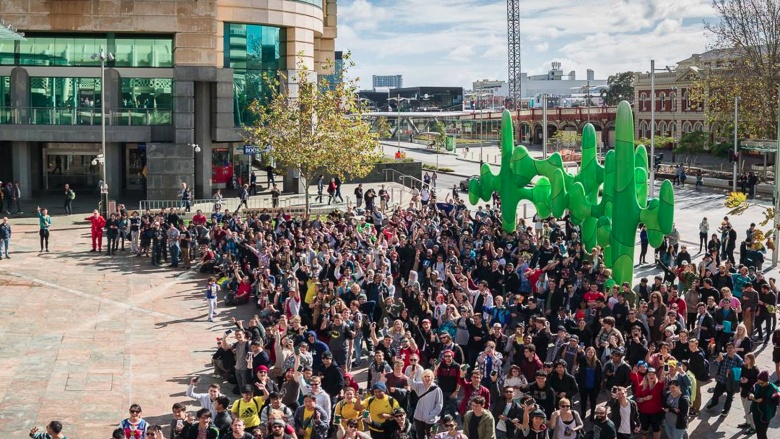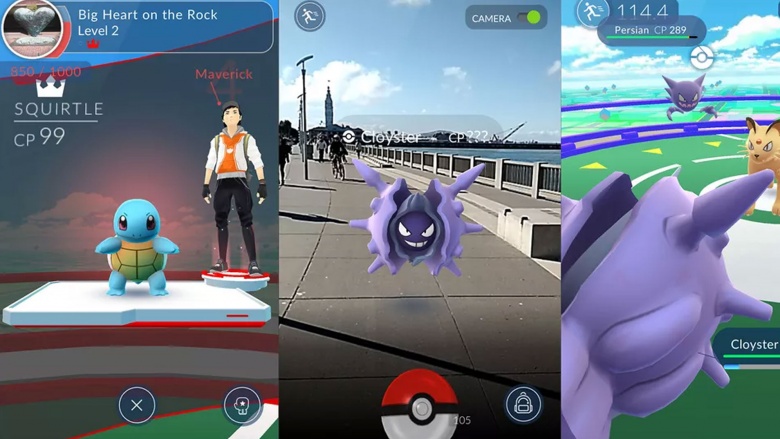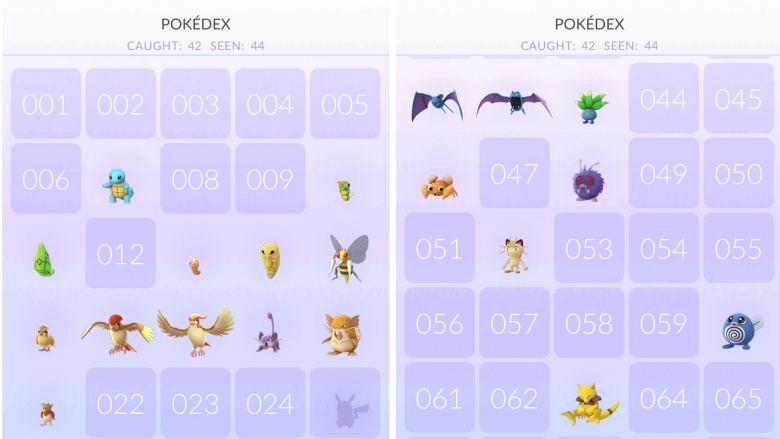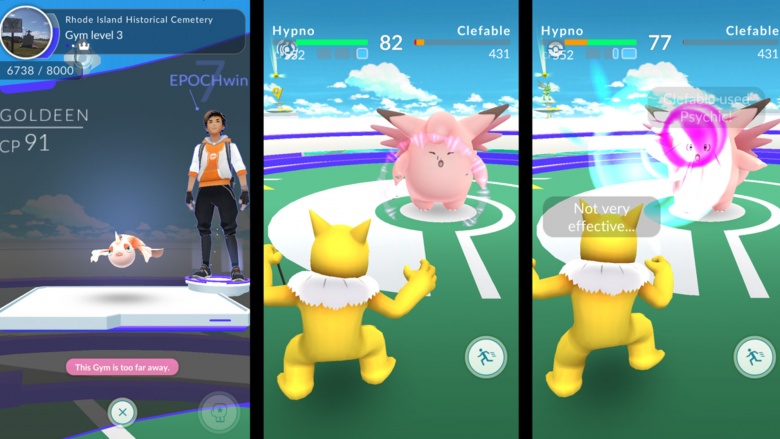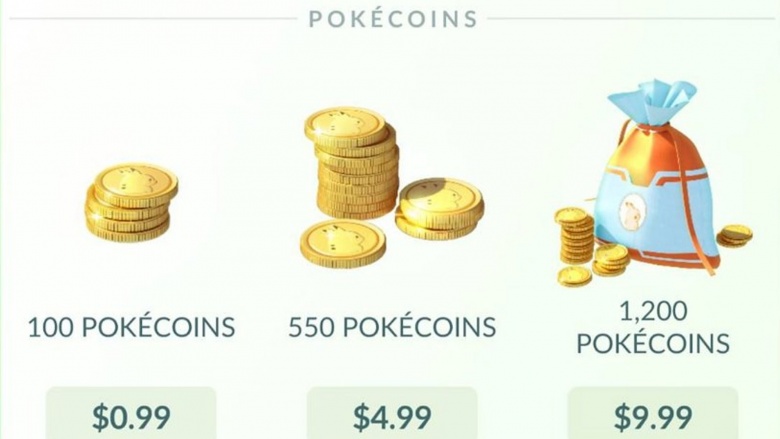Why Everyone Is Addicted To Pokemon Go
Since the release of Pokémon Go in early July 2016, the app has outperformed all expectations. At the time of this writing, over 7.5 million users had downloaded the game in the United States alone, sending Nintendo's stock climbing by 10% in the first week. What makes Pokémon Go so massively appealing? Let's take a look at some of the factors behind the game's success.
Millions of fellow trainers
As previously mentioned, millions of people joined up as Pokémon trainers within the first week—according to some estimates, the game has been installed on 1 in every 20 Android devices in the U.S. That huge and immediate fanbase means the app is not just a game, but a social experience. Players have organized huge Pokémon Go outings, including a Poké-walk in Australia that drew over 2,000 people for a day of catching and camaraderie. Trainers marched single-file through the park like leaf-cutter ants, only pausing to hit up Pokéstops or pursue a Pikachu.
An excuse to explore
Pokémon Go is an augmented-reality game utilizing real-world locations and points of interest as a focus within the app. In order to fully experience everything it has to offer, you must venture out into the community to explore Pokéstops and Gyms, usually located at public buildings, historic sites and other landmarks. By playing the game, you also get a chance to learn more about your neighborhood and city—enjoying sights you might not otherwise have seen.
Family friendly
Pokémon Go is one of those games that unites family members of all ages. Schoolkids and millennials alike are familiar with the franchise via Nintendo's games and the television series, which first premiered in 1997. Older generations will appreciate the lack of squeaky character voices in the app. We've seen grandparents walking with their grandkids, enjoying the game together. It's also a great way to get your children off the couch and active—not always an easy task in the digital age. A walk through your local downtown, park, or botanical garden is a great way to have fun and experience nature together.
Collecting is fun
Since time immemorial, humans have enjoyed collecting things. From rocks to coins, the tradition of collecting goes way back. This tendency has not lessened in the digital age, as illustrated by the success of games such as Neko Atsume, Dragonvale, and Pokémon Go. Once you get started, you don't want to stop until you "catch 'em all."
Friendly competition
Pokémon Go has an element of competitive gameplay adding to the fun. Gyms in the game are not held by fictional characters, but by other trainers. Join one of three teams, and use your Pokémon to attack a Gym in a hostile takeover, or defend it on behalf of your team. Gyms in populated areas may change hands multiple times per day, and everyone understands that's the way things are. Battles are conducted between trainers and the game's AI, and there's no in-game communication system—which means there's very little chance to have hard feelings if your Pokémon is defeated.
No entry fee
Pokémon Go, like its augmented-reality predecessor Ingress, is free to play. Where there is an in-game store allowing the purchase of additional items, it's completely optional. If you are consistently visiting Pokéstops to collect items, you should have no problem keeping your bag overflowing with Pokéballs, incense, potions, and other goodies.
Replay value
On average, Pokémon Go trainers have been using the app for 43 minutes a day—longer than the average user's daily Twitter time. Unlike many collecting games which involve only a few minutes a day to check in on your creatures and care for them, Pokémon Go can be played for as long as you have the will or stamina to keep going. There's always the possibility of a new Pokémon just around the corner. You don't ever "win" the game, and even if you manage to collect all of the original 151 Pokémon, it's likely that future updates will expand the Pokédex to include later generations.
Accessible to everyone
Perhaps the most brilliant thing about Pokémon Go is there's very little knowledge barrier for those new to the genre. You don't need to know the name of every Pokémon in the Pokédex, you don't need to know much about battle strategy (although a little primer on which types are weakest against each other would be helpful), and you don't need to don't need to know the lore and history of Ash and the other characters found in the television series or previous games. The story of the game is simple—the world around us is filled with mystical creatures, and it's your mission to catch them, befriend them, and train them to be stronger. That's a mission we can all get behind.


